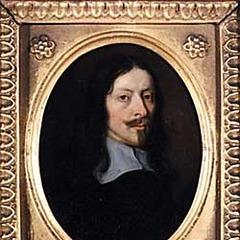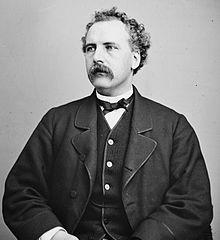Alexander Pope Quotes - Page 27

What can ennoble sots, or slaves, or cowards? Alas! not all the blood, of all the Howards.
With too much quickness ever to be taught; With too much thinking to have common thought.
Reason's whole pleasure, all the joys of sense, Lie in three words,-health, peace, and competence.
Now warm in love, now with'ring in my bloom Lost in a convent's solitary gloom!
Such labour'd nothings, in so strange a style, Amaze th' unlearn'd and make the learned smile.
Content if hence th' unlearn'd their wants may view, The learn'd reflect on what before they knew.
Tis true, 'tis certain; man, though dead, retains Part of himself; the immortal mind remains.
Fix'd like a plant on his peculiar spot, To draw nutrition, propagate and rot.
Coffee which makes the politician wise, and see through all things with his half-shut eyes.
Consult the genius of the place, that paints as you plant, and as you work.
A wise physician, skill'd our wounds to heal, is more than armies to the public weal.
Like bubbles on the sea of matter borne, They rise, they break, and to that sea return.
A generous friendship no cold medium knows, Burns with one love, with one resentment glows.






